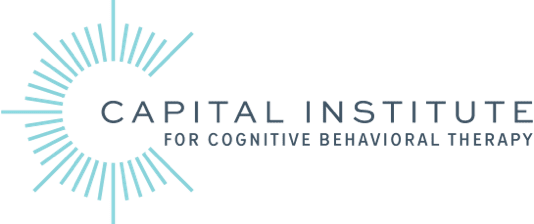PTSD is a common reaction to traumatic events.
When individuals endure a traumatic experience, their memories become linked with what they perceived, heard, smelled, or felt during that time. Consequently, similar stimuli, such as sights, sounds, smells, or sensations, can trigger a rush of memories and emotions later on.
PTSD can manifest after various types of events, and individuals with PTSD commonly exhibit three primary sets of symptoms:
- Re-experiencing the trauma, which encompasses frequent recollections, nightmares, and flashbacks that make them feel as if they are reliving the traumatic event.
- Avoidance, where individuals try to prevent thinking about the traumatic incident due to its distressing nature.
- Physical manifestations of stress, which can include sleep disturbances, chronic irritability or anger, difficulties with concentration, and a persistent sense of tension and vigilance.
- Improve signs of physical stress
- Feel significantly better

A treatment plan
Cognitive-behavioral therapy is designed to help reduce the upsetting memories and emotions from the trauma. A number of studies have found CBT helpful in treating Post Traumatic Stress Disorder.
- CBT helps people with PTSD feel significantly better.
- About two-thirds of patients no longer have PTSD by the end of treatment.
Request Your Consultation
Ready to get started? Have questions? Click below to contact our helpful New Patient Coordinator.
PTSD Therapy Tailored For You
Engaging in individual therapy provides you with the chance to forge a profound connection with a therapist who invests the time to comprehend your personal history, strengths, challenges, values, and aspirations. Your treatment plan will be tailored to address your specific needs, and whether you opt for Teletherapy or in-person sessions at our Bethesda site, our team of Psychologists is dedicated to providing exceptional care.
- Weekly and/or multiple times a week sessions
- In-person & teletherapy services available
- Range of fees to fit your budget

Related Disorders
Anxiety
Anxiety may include intense, persistent worry and fear about everyday situations.
Depression
A mood disorder that causes a persistent feeling of sadness and loss of interest.
